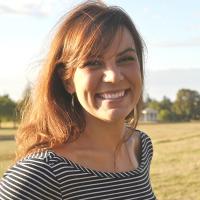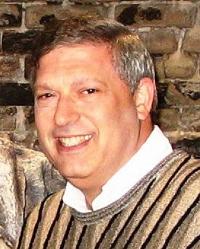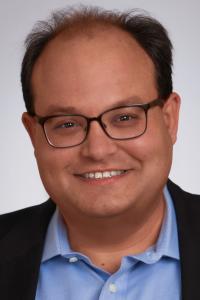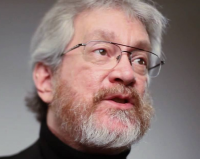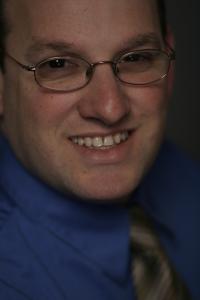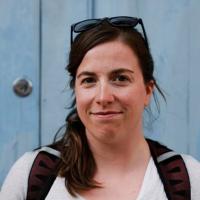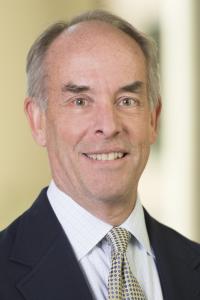LLEric Minikel

Doctoral candidate in biological and biomedical Sciences, Harvard Medical School; member, Schreiber Lab, Broad Institute of MIT and Harvard
Eric Minikel is a computational scientist in Stuart Schreiber's laboratory at the Broad Institute of MIT and Harvard. Eric's research focuses on the long-term goal of developing of small molecule therapeutics for prion diseases — fatal neurodegenerative diseases caused by the spread of misfolded proteins across the brain. He works on developing methods for studying prions in cells and in cell-free systems and for identifying chemical compounds that bind prions or keep them from multiplying. He also works on diagnostic tools for measuring the progression of prion disease in patients. After a previous career in consulting, Eric began studying biology after learning in late 2011 that his wife, Sonia Vallabh, inherited a genetic mutation that causes prion disease. Prior to joining the Schreiber Lab, Eric worked for Daniel MacArthur, also at the Broad Institute, where he studied the genetics of prion disease. Eric holds a master's degree from MIT and is currently a Ph.D. student in the biological and biomedical sciences program at Harvard Medical School.
Speaking:
-
Sunday, October 11th, 12:00 pm to 2:00 pm


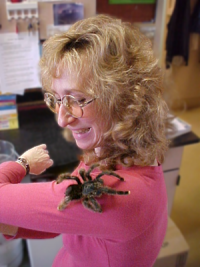
8592.jpg?itok=aeIi3-1A)
